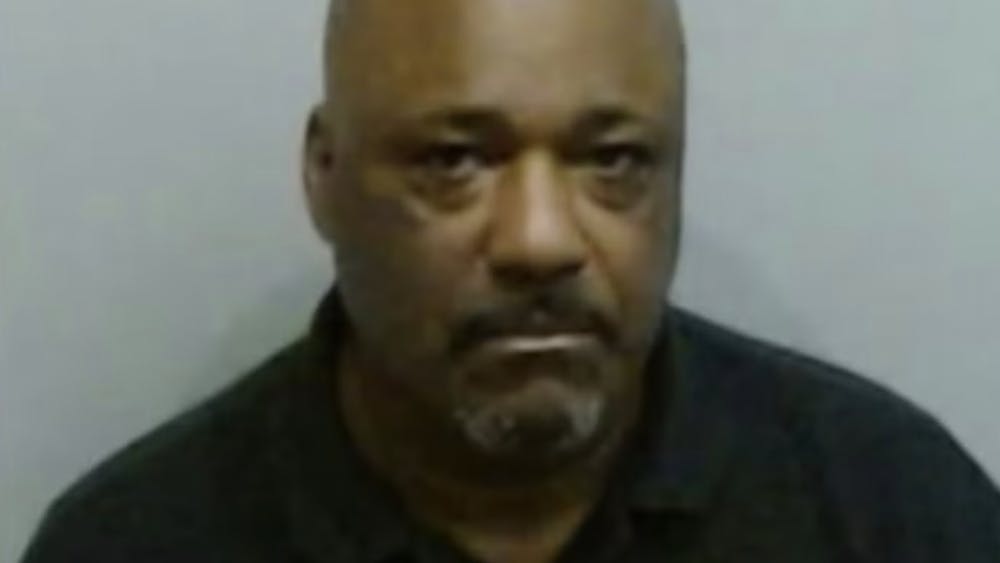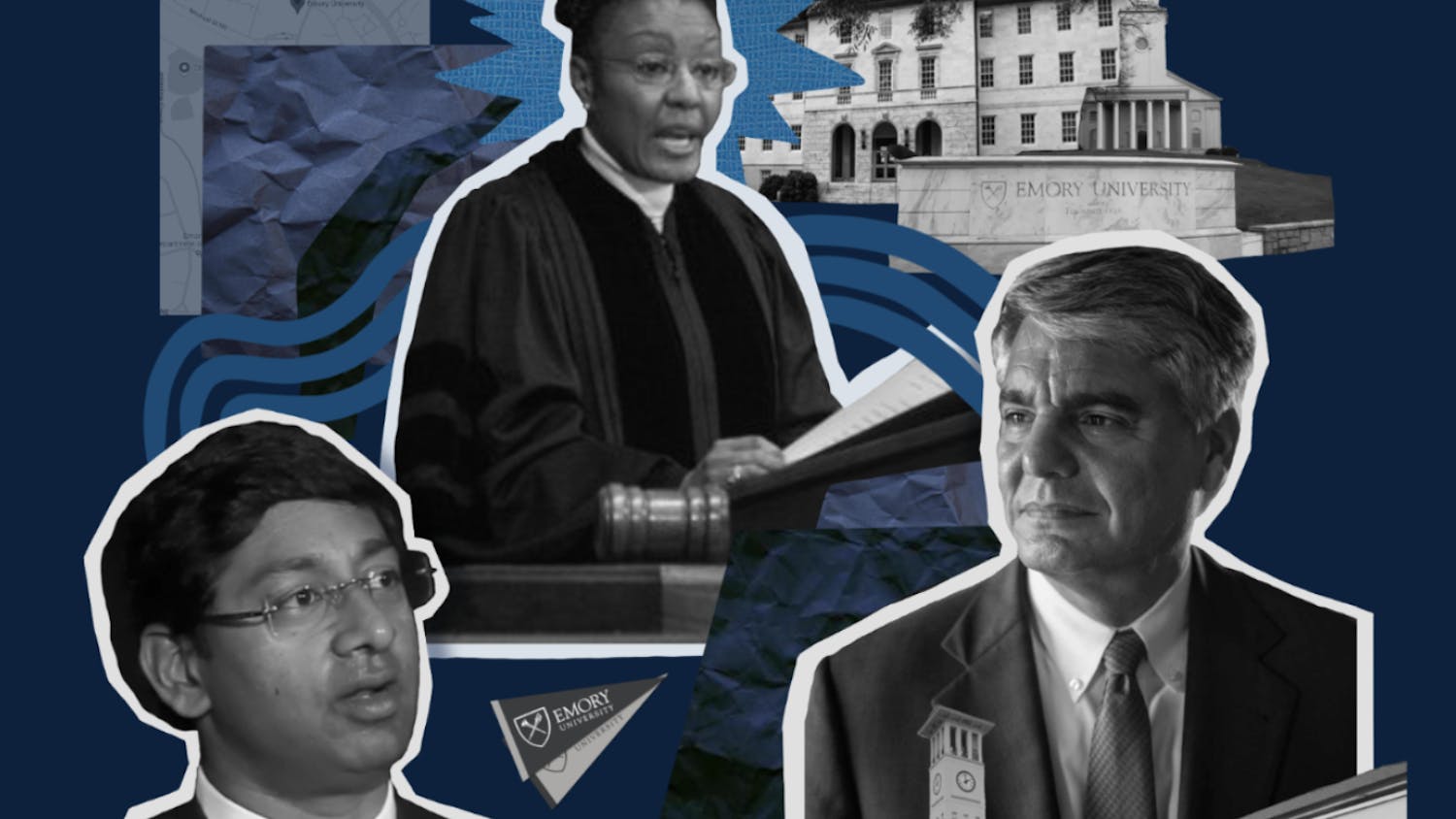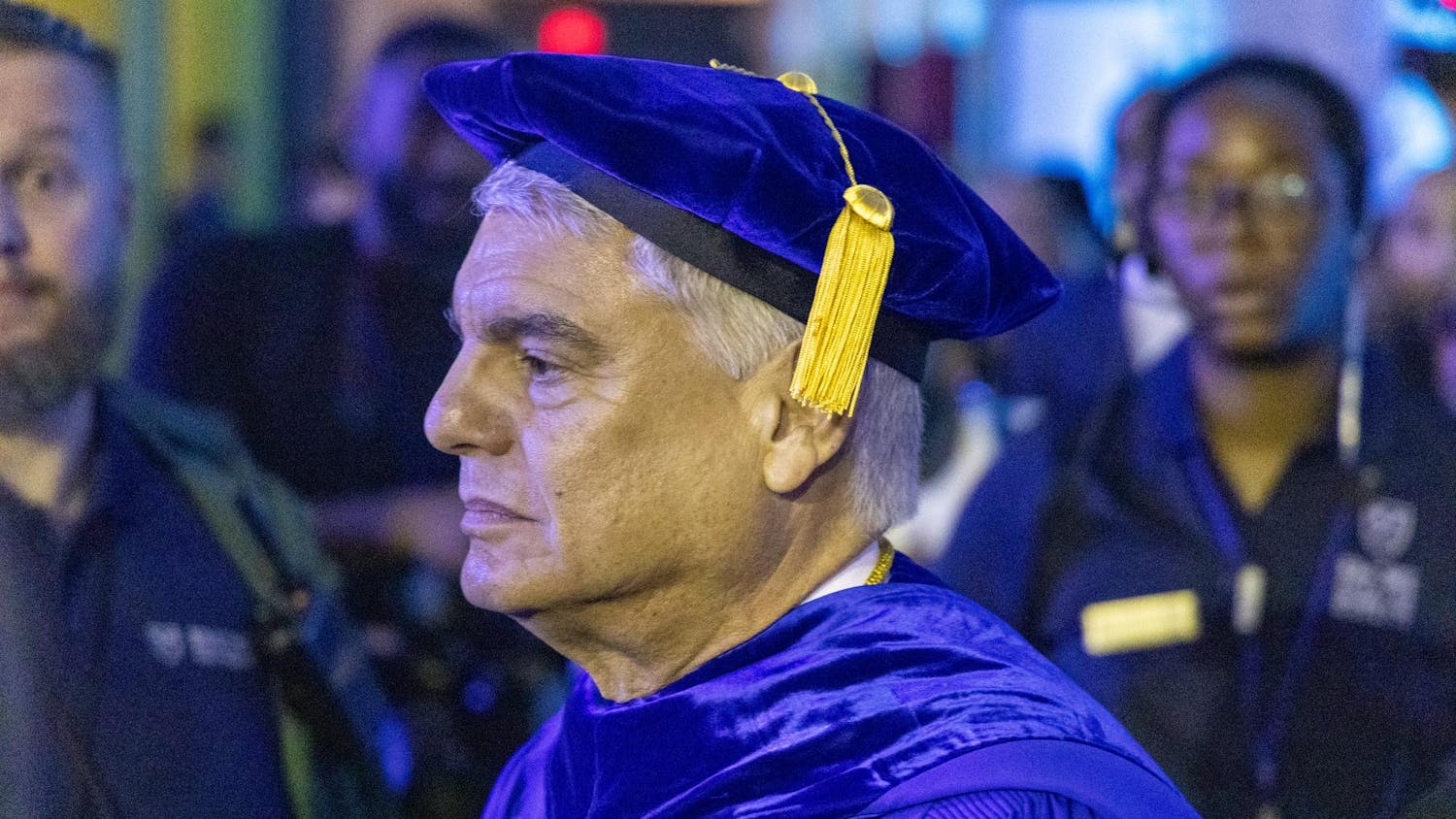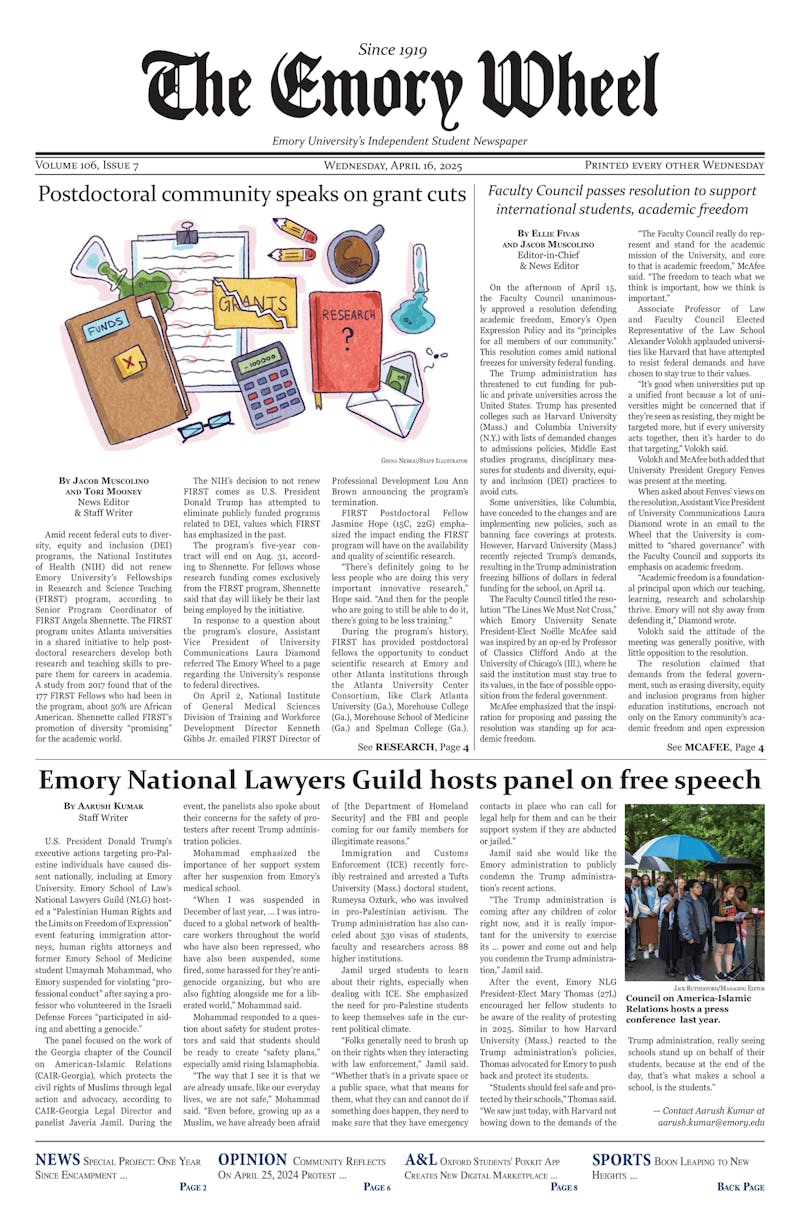
Former Emory custodian accused of dumping deceased woman’s body in Perkerson Park
By
Jacob Muscolino
· Wednesday, June 25, 2025












